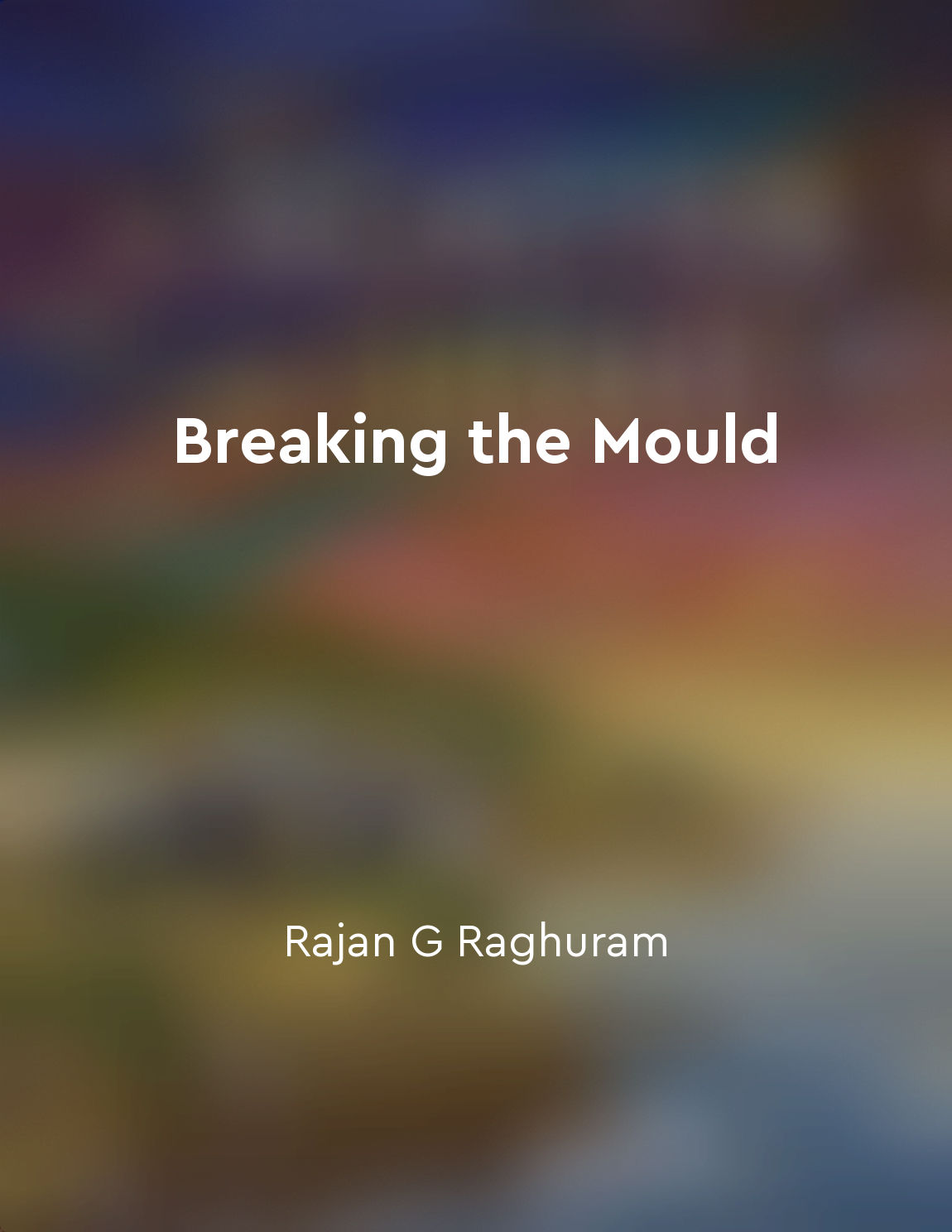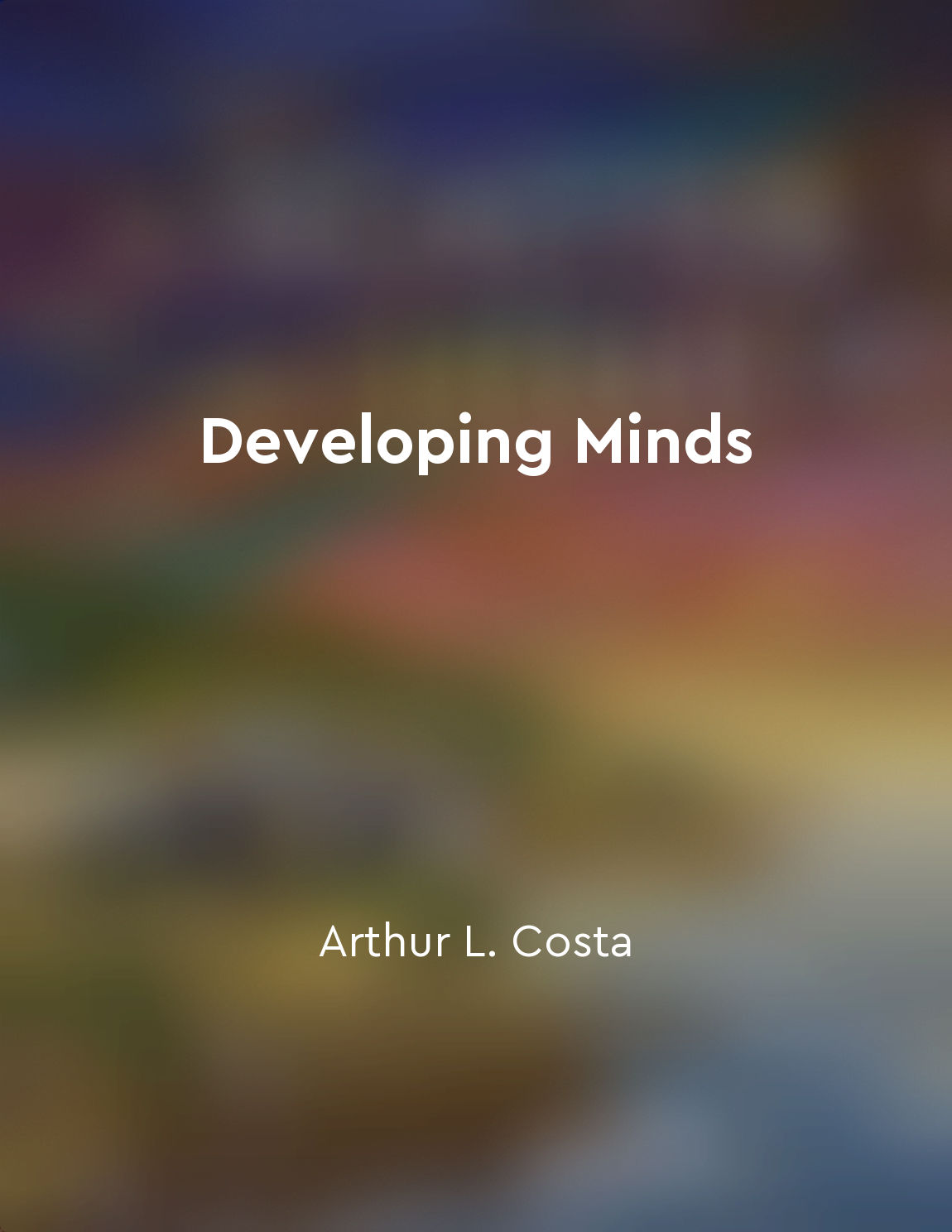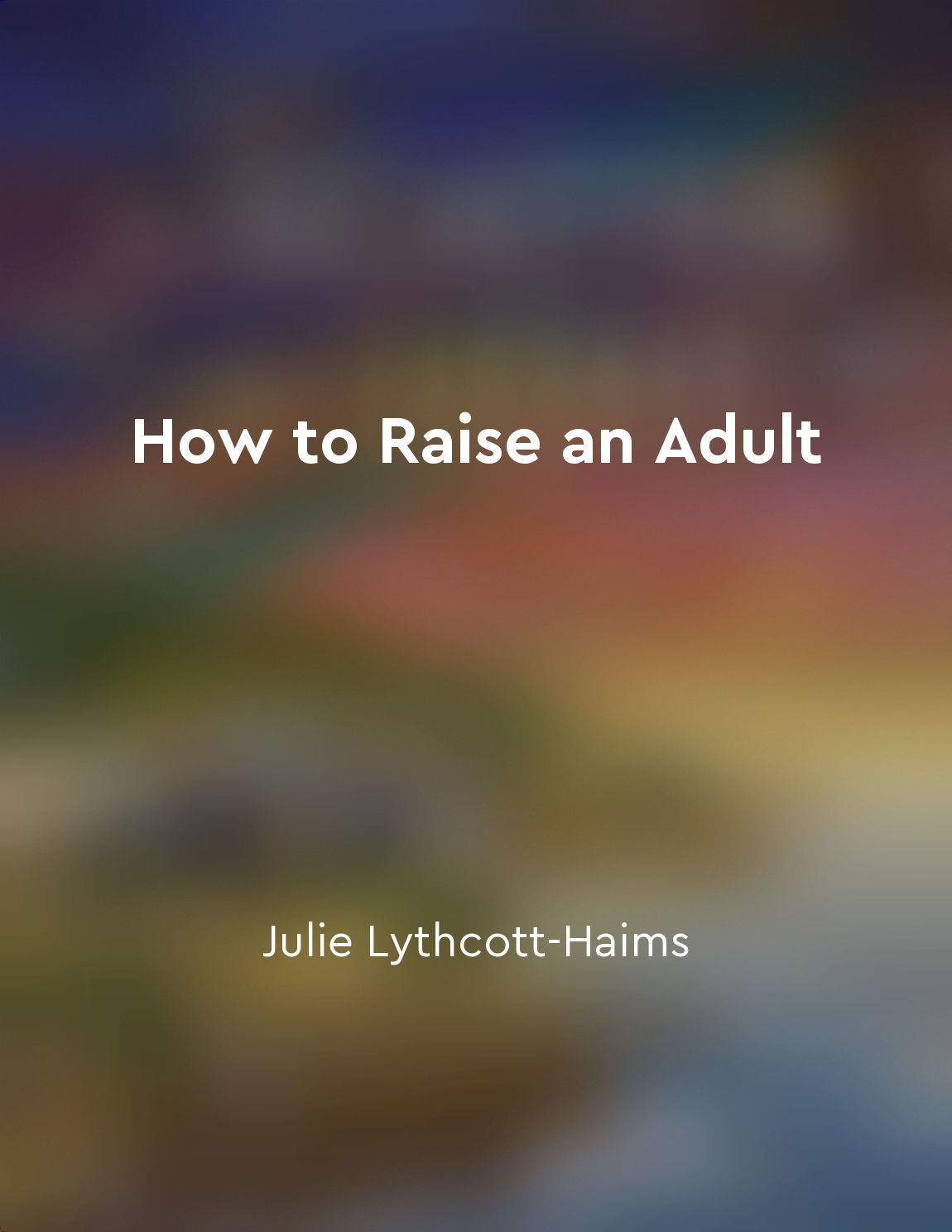Children learn through exploration and experimentation from "summary" of How Children Learn by John Caldwell Holt
Children learn through exploration and experimentation. They are not afraid to try new things, make mistakes, and learn from those mistakes. They are constantly seeking to understand the world around them through firsthand experiences. When children are curious about something, they will often take it upon themselves to investigate further, whether that means asking questions, conducting experiments, or simply observing. By allowing children the freedom to explore and experiment, we are giving them the opportunity to actively engage with their environment and learn in a way that is meaningful to them. This hands-on approach to learning not only helps children retain information better but also fosters a sense of independence and confidence in their own abilities. When children are encouraged to explore and experiment, they are more likely to develop critical thinking skills and problem-solving abilities. They learn how to think creatively and come up with innovative solutions to challenges they may face. This kind of experiential learning helps children build a strong foundation of knowledge that will serve them well in all areas of their lives. It is important for adults to support and encourage children in their exploration and experimentation. By providing them with the resources they need to pursue their interests and take risks, we are helping them develop a lifelong love of learning. Children thrive in an environment where they are free to explore and experiment, and it is up to us to create that kind of environment for them.Similar Posts

Creativity can bring joy and fulfillment
One of the most powerful aspects of creativity is its ability to bring joy and fulfillment into our lives. When we engage in cr...
Practicing NCERT Solutions can help students excel in exams
NCERT Solutions for Class X Science have been meticulously designed to help students not only understand the concepts but also ...

Transform challenges into opportunities for growth
Facing challenges is an inevitable part of life. We all encounter difficulties and obstacles that test our resolve and resilien...
Ideal for classroom use
This book is designed to be a valuable resource for teachers looking to enhance their math curriculum for fourth-grade students...
Creative thinking skills can be developed through various activities
Developing creative thinking skills is a crucial aspect of education. Through various activities, students can enhance their ab...

The importance of reflective thinking cannot be overstated
Reflective thinking is a fundamental aspect of cognitive development and critical thinking skills. It involves looking back on ...
Schools should encourage innovation and entrepreneurship
In a rapidly changing world, it is essential for schools to foster innovation and entrepreneurship among students. This means p...

Create a supportive and nurturing environment for children to thrive
To foster growth and development in our children, it is essential to provide them with a supportive and nurturing environment w...
